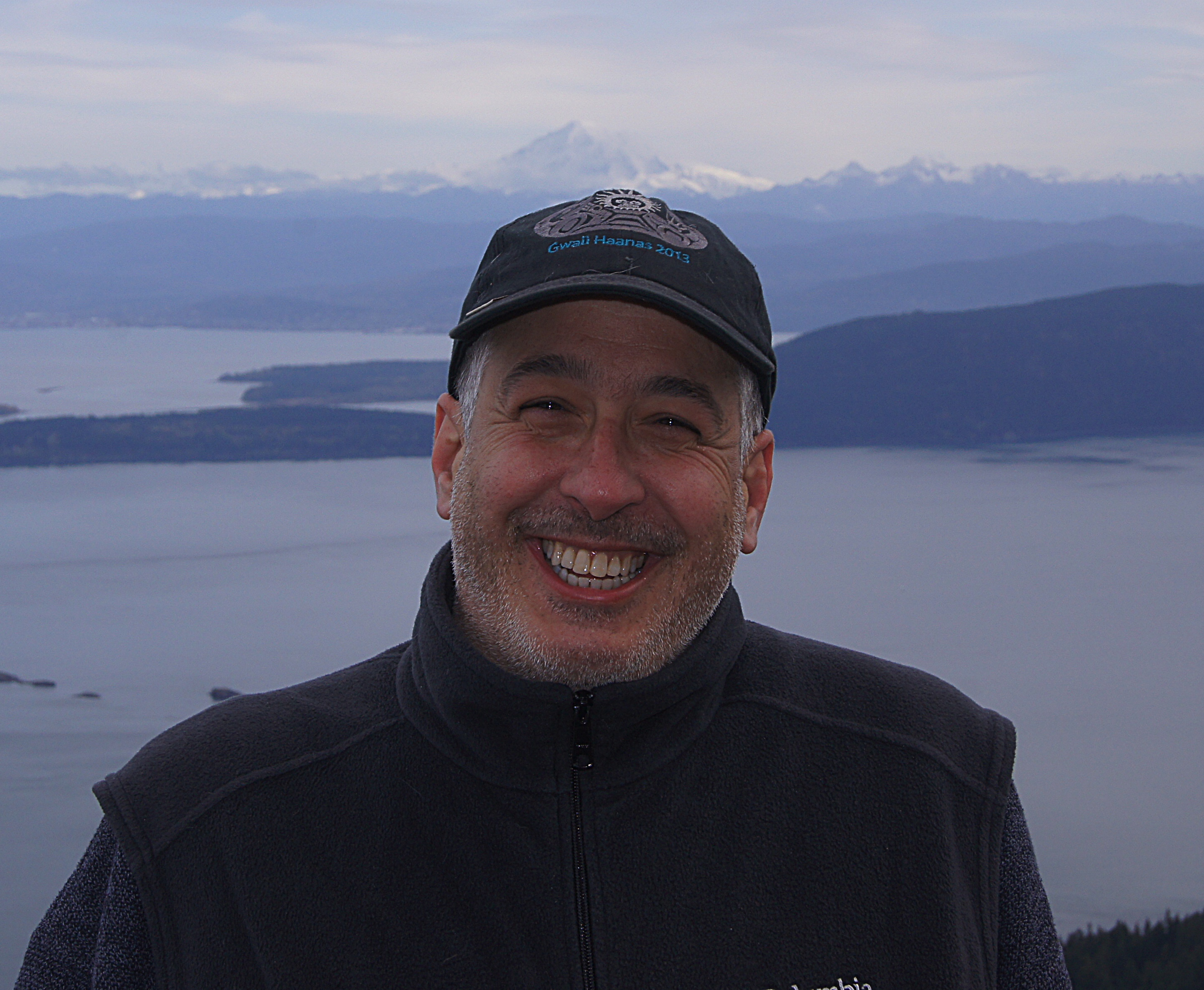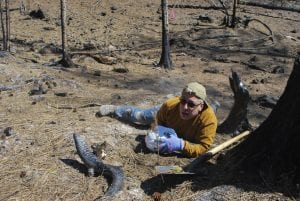 I am on loan to the currently the White House Office of Science & Technology Policy where I am serving as the Director of the first-ever National Nature Assessment being conducted by the U.S. Global Change.
I am on loan to the currently the White House Office of Science & Technology Policy where I am serving as the Director of the first-ever National Nature Assessment being conducted by the U.S. Global Change.
I am a conservation scientist who is interested in bridging the gaps between theory and practice and between social and natural sciences. The main focus of my current work is developing Interdisciplinary tools to inform conservation of marine, aquatic and terrestrial ecosystems and the communities that depend on them.
Prior to joining the University of Washington, I was a Senior Scientist at NOAA Fisheries’ Northwest Fisheries Science Center in Seattle, WA, USA. I served as the scientific lead of NOAA’s Integrated Ecosystem Assessment efforts in the California Current Large Marine Ecosystem and Puget Sound. In the course of this work, I led the development of new analytical tools for characterizing ecosystem health and forecasting the cumulative effects of coastal zone management and climate change on marine ecosystems.
I received the Department of Commerce Silver Award and NOAA’s Bronze Medal for my work on marine ecosystems, and the Seattle Aquarium’s Conservation Research Award for my work in Puget Sound. I have published over 200 scientific papers in peer-reviewed journals, book chapters and technical reports, and edited the recent book, “Conservation of the Anthropocene Ocean: interdisciplinary approaches for nature and people”.
My work has been featured in such news outlets as NPR, PBS, The New York Times, the BBC, MSBNC, The Economist, among others. I served as President of the Western Society of Naturalists, and served on numerous editorial boards and scientific advisory panels. I received my Ph.D. in zoology from the University of New Hampshire in 1993 and was a postdoctoral fellow at the University of North Carolina. In recent years, I have been particularly interested in the social-ecological-systems of temperate rain forests from Washington to Southeast Alaska and urban stormwater systems. Some information about these projects can be found here: Ocean Tipping Points Project, and The Ocean Modeling Forum.
 For more information about my research interests, I suggest perusing my publications or contact me via email.
For more information about my research interests, I suggest perusing my publications or contact me via email.